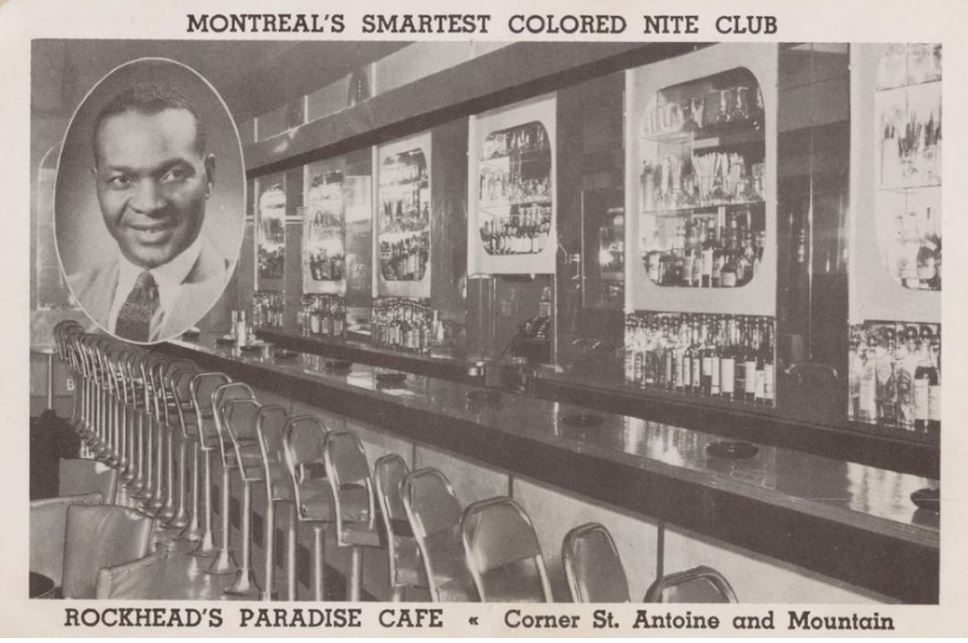Montréal – Steven Guilbeault, Minister of Environment and Climate Change and Minister responsible for Parks Canada, announced the designation of Rufus Nathaniel Rockhead as a person of national historic significance under Parks Canada’s National Program of Historical Commemoration.
After moving from Jamaica to Canada in 1916, Rockhead served in the First World War, worked as a railway porter, and became an entrepreneur. In 1929, he established Rockhead’s Paradise, a famous Black nightclub in Montréal, which was the only one owned by a person of African descent at the time. He fostered the beginnings of Canada’s jazz scene, night life, musical talent, and culture through Rockhead’s Paradise, which operated from 1929 until 1980. He persevered in the face of racism and corruption, provided jobs to members of the Black community, and created a welcoming space for all. An exceptional individual, he left a lasting legacy for African Canadians, Montréalers, and jazz fans.
Rockhead’s nightclub provided a crucial space where Black musicians could hone their skills through practice and performance with talented jazz artists from Montréal, the rest of Canada, and abroad. Famous musicians like Oscar Peterson, Oliver Jones, Harold “Steep” Wade, and brothers Hugh, George, and Milton Sealey informally apprenticed or performed at Rockhead’s Paradise. Throughout his tenure as owner, Rockhead was an affable, charismatic host who personally greeted patrons at the door every night. He became a prominent and respected member of the Black community, whose interests he deeply cared about.
The Government of Canada, through the Historic Sites and Monuments Board of Canada, and Parks Canada, recognizes significant persons, places, and events that have shaped our country as one way of helping Canadians connect with their past. National historic designations recall moments of greatness and triumph or cause us to contemplate the complex and challenging moments that helped define the Canada of today. By sharing these stories with Canadians, we hope to foster understanding and reflection on the diverse histories, cultures, legacies, and realities of Canada’s past and present.
The designation process under Parks Canada’s National Program of Historical Commemoration is largely driven by public nominations. To date, more than 2,250 designations have been made nationwide. To nominate a person, place or historic event in your community, please visit the Parks Canada website for more information: https://parks.canada.ca/culture/designation/proposer-nominate.








